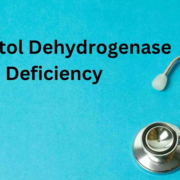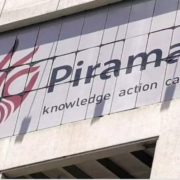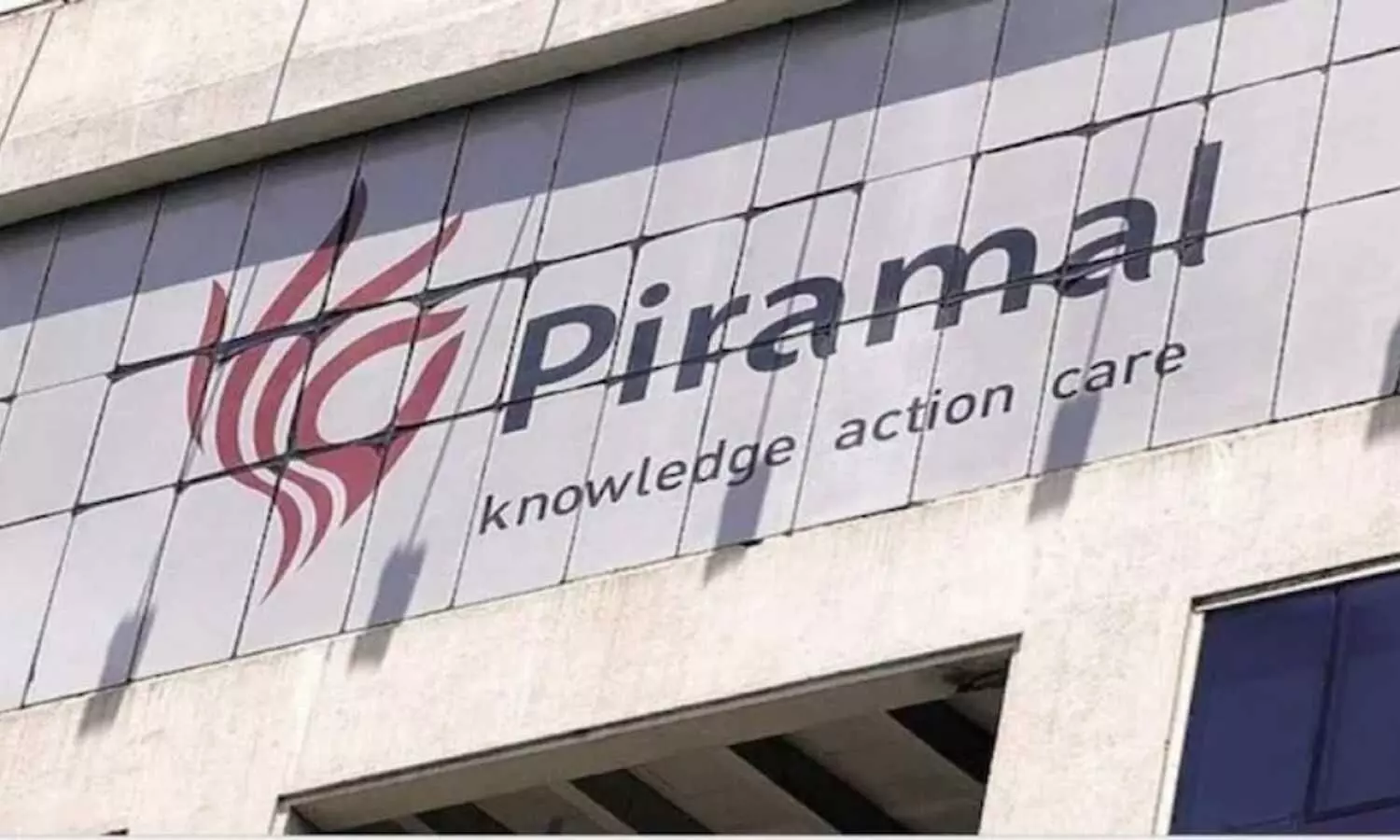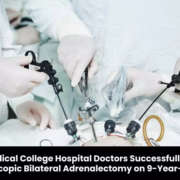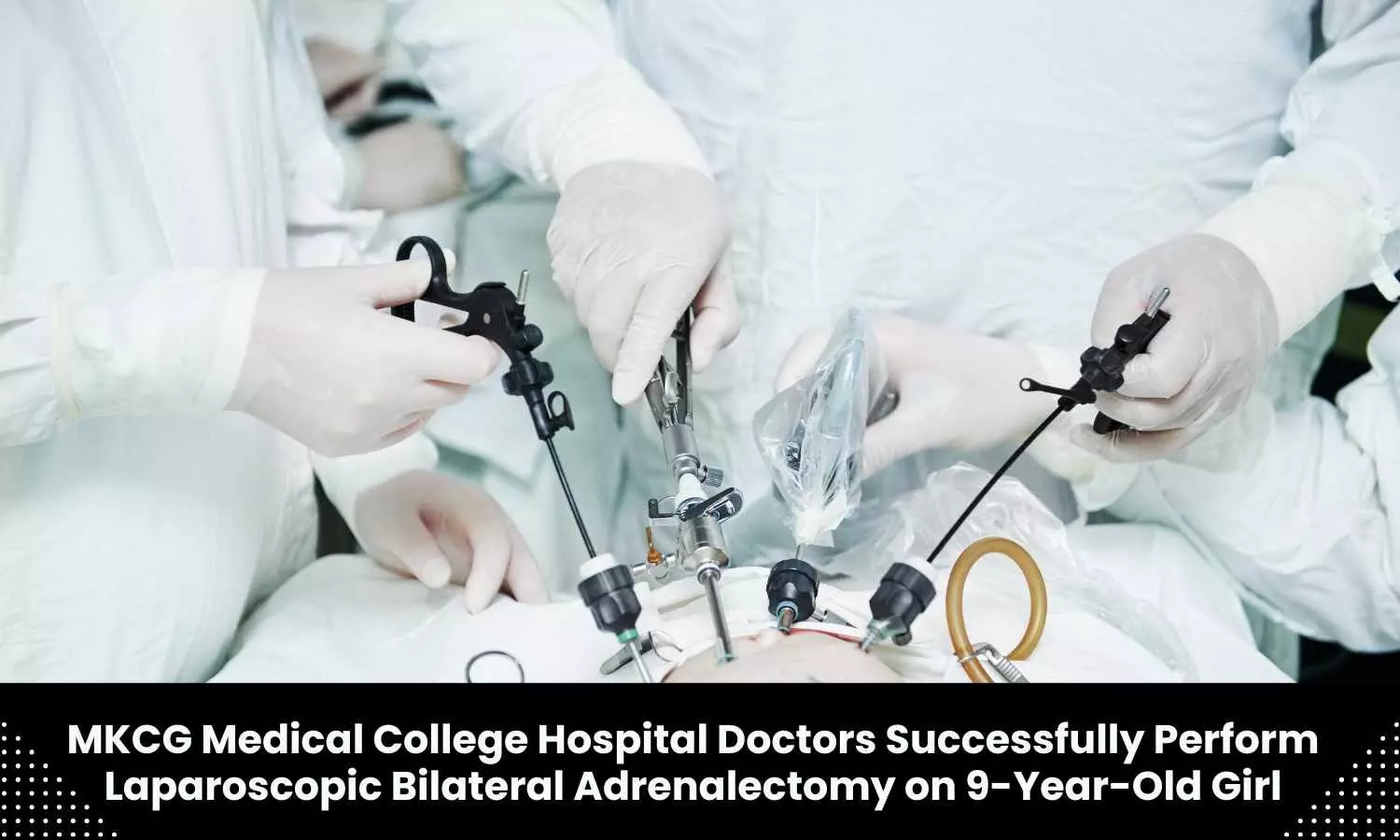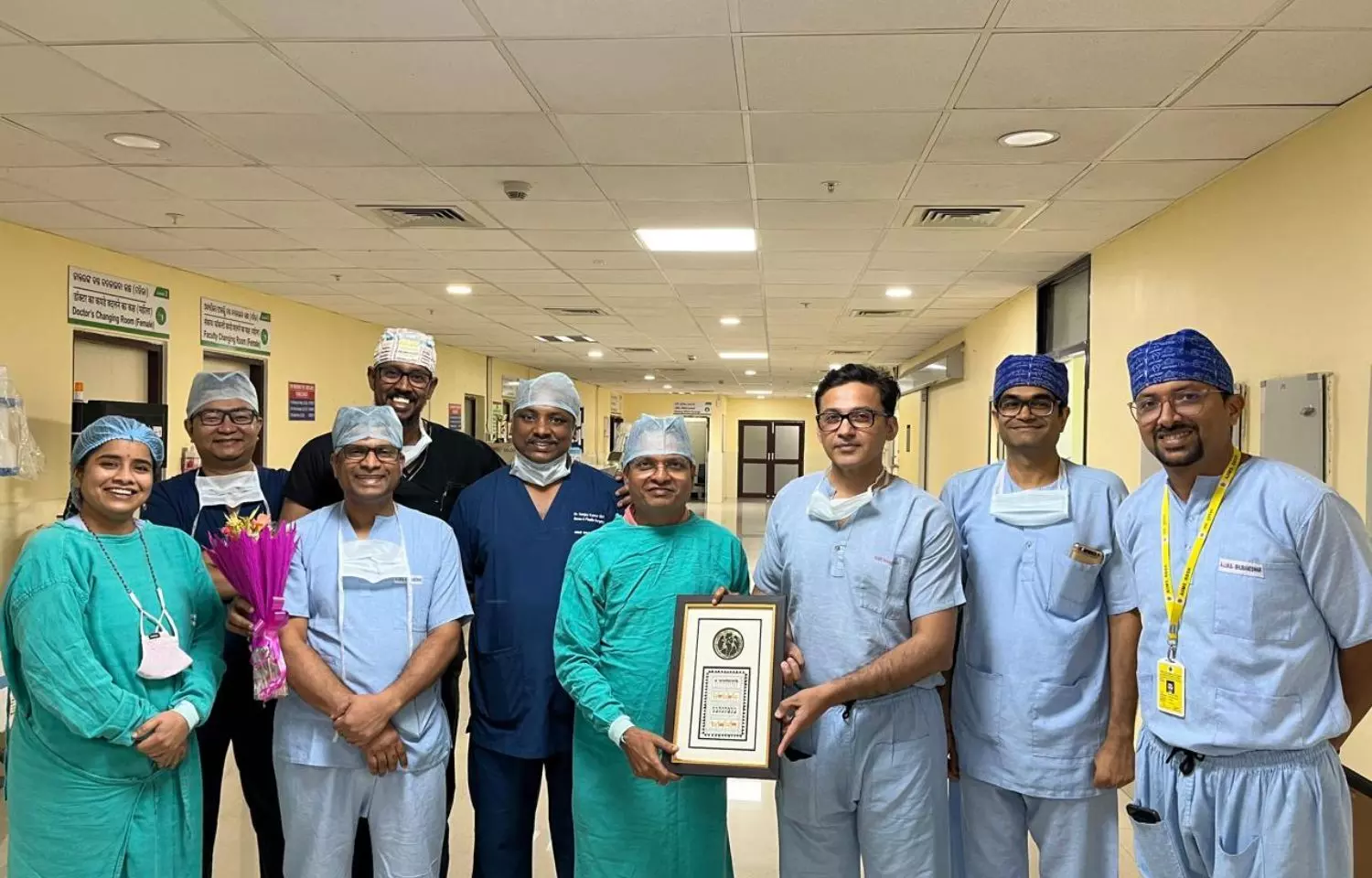Govorestat linked to functional Improvement in sorbitol dehydrogenase deficiency, findsTrial
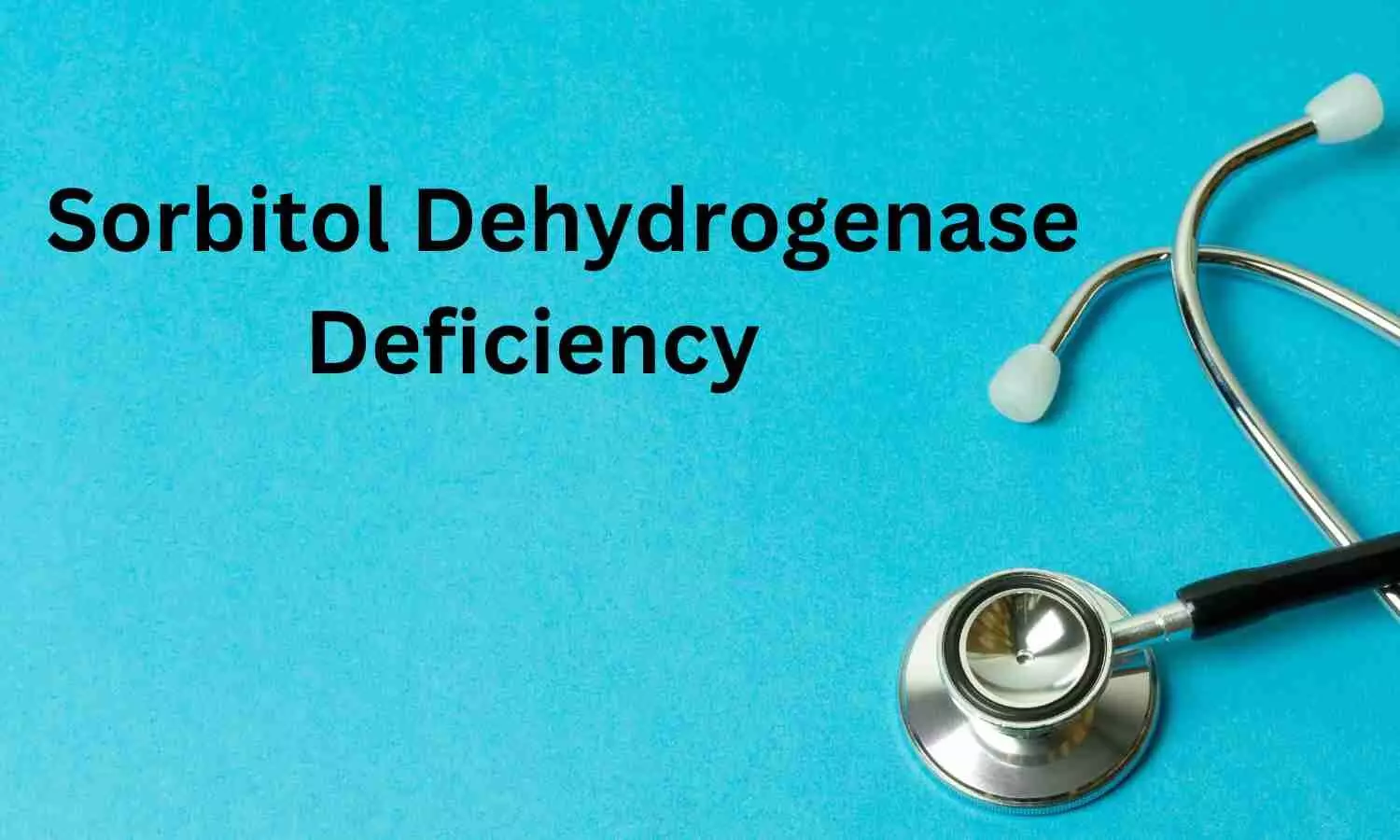
Govorestat was found to be clinically beneficial for patients with sorbitol dehydrogenase (SORD) deficiency, according to interim results from the phase 3 INSPIRE trial.
The INSPIRE trial is a Phase 3 double-blind placebo-controlled registrational study evaluating the effect of once-daily (QD) oral govorestat (AT-007) in 56 patients aged 16-55 with SORD Deficiency in the US and Europe.
SORD Deficiency is a debilitating, hereditary axonal neuropathy caused by mutations in the Sorbitol Dehydrogenase gene, leading to an inability to metabolize the sugar sorbitol and resulting in accumulation of high levels of toxic sorbitol, which causes motor neuron degeneration and loss of mobility and motility. Govorestat is a central nervous system penetrant Aldose Reductase Inhibitor, which blocks the conversion of glucose to sorbitol, and has previously been shown to reduce sorbitol levels in patients with SORD Deficiency.
The objective of this pre-specified, 12-month interim analysis was to evaluate early indicators of govorestat treatment effect in order to inform future regulatory discussions and support a potential New Drug Application (NDA) submission, due to the urgent need for treatment and absence of any other options for patients with SORD Deficiency. The 12-month interim analysis was comprised of a clinical efficacy primary endpoint based on correlation of sorbitol with composite clinical outcome measures, and a pharmacodynamic (PD) biomarker primary endpoint based on sorbitol reduction.
Interim Analysis Results:
- Demonstrated statistically significant correlation between sorbitol level and the prespecified CMT-FOM composite clinical endpoint (10-meter walk-run test, 4 stair climb, sit to stand test,6-minute walk test and dorsiflexion) (p=0.05).
- Govorestat treatment provided sustained reduction in sorbitol level in patients with SORD Deficiency over 12 months of treatment, which was statistically significant compared to placebo (p<0.001).
- Govorestat treatment also resulted in a highly statistically significant effect (p=0.01) on the CMT Health Index (CMT-HI), an important patient-reported outcome measure of disease severity and well-being, which was a secondary endpoint in the study. Aspects of the CMT-HI that demonstrated a treatment effect included lower limb function, mobility, fatigue, pain, sensory function, and upper limb function.
- Govorestat was safe and well tolerated, with similar incidence of adverse events between active and placebo-treated groups.
We believe the results from the 12-month interim analysis confirm the role of sorbitol as a key driver of disease severity and progression over time. Clinical outcomes of the ongoing INSPIRE trial are expected to be assessed again at 24 months, where the 10-meter walk run test serves as the primary clinical efficacy endpoint. The Company plans to discuss a potential NDA submission with the U.S. Food and Drug Administration (FDA) based on the clinical data to date.
“Our commitment to bringing first of their kind therapies to rare disease indications with no existing treatment options is at the core of our work,” said Shoshana Shendelman, PhD, Founder and CEO of Applied Therapeutics. “We are excited by the prospect of providing patients with SORD Deficiency with a treatment option that has the potential to slow disease progression and the consistent benefit demonstrated by govorestat.”
“We are thrilled by the results of this 12-month interim analysis, which demonstrate govorestat’s effectiveness in reducing sorbitol levels and improving key functional measures and patient reported outcomes in SORD Deficiency, including lower limb function, upper limb function, fatigue and pain,” said Riccardo Perfetti, MD, PhD, Chief Medical Officer of Applied Therapeutics. “We look forward to meeting with regulatory agencies regarding a path to potential approval based on this data, and endeavor to bring this important treatment to patients as quickly as possible.”
“As a neurologist and neuromuscular specialist, I am delighted to see such strong results from just 12 months of treatment with govorestat for this debilitating disease with no existing treatment options available,” said Michael Shy, MD, Director of the Division of Neuromuscular Medicine at Carver College of Medicine, University of Iowa Medical Center, and Principal Investigator on the INSPIRE Phase 3 trial. “The results from this interim analysis have exceeded my expectations, with a statistically significant impact on how patients feel and function, as measured by the CMT-HI patient reported outcome measure. The ability to reduce sorbitol levels, which we believe to be the pathogenic cause of damage in these patients, coupled with standardized metrics of patient function and well-being are strong indicators of treatment benefit.”
Powered by WPeMatico

